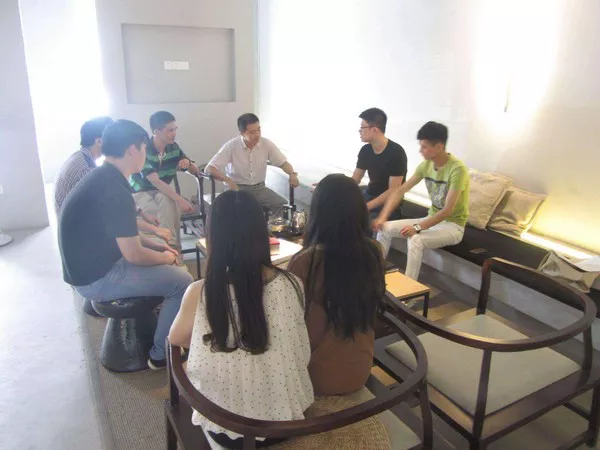A quiet revolution in friendship formation is occurring in offices and Zoom rooms across the world – 2025 has seen workplaces emerge as the primary source of adult friendships. Data from the Bureau of Labor Statistics reveals that 63% of new friendships now originate in professional settings, a dramatic increase from just 29% in 2010. This shift reflects broader societal changes including delayed marriage, urban mobility, and the blending of work-life boundaries. Unlike traditional workplace friendships that formed organically around shared tasks, modern professional friendships are increasingly intentional and structured, serving specific emotional and career needs.
The “work spouse” phenomenon has evolved into more nuanced arrangements. Companies like Google and Ernst & Young now facilitate “friend matching” programs that pair employees based on personality assessments and shared interests, recognizing that workplace friendships boost retention and productivity. These programs report a 40% higher success rate at forming lasting bonds than traditional social apps. Professional friendships also fill specific gaps – “skill swap friends” trade expertise, “accountability partners” keep each other productive, and “empathy buddies” provide emotional support without workplace hierarchy complications.
However, this trend isn’t without challenges. HR departments report a 33% increase in friendship-related conflicts since 2022. The line between professional and personal becomes blurred, creating complex dynamics when promotions occur or projects end. Some companies have implemented “friendship contracts” – agreements outlining how work friends will handle potential conflicts. Psychologists note these structured friendships often lack the spontaneity and unconditional support of traditional bonds, potentially limiting their depth.
The most successful professional friendships follow what researchers call the “30/70 rule” – keeping 30% of conversation work-related and 70% personal. As remote work persists, virtual coworking spaces and “digital watercoolers” are helping maintain these connections. Looking ahead, experts predict workplaces will continue serving as friendship hubs, but warn that over-institutionalizing friendship may strip it of its most valuable organic qualities.
Related topics:


















